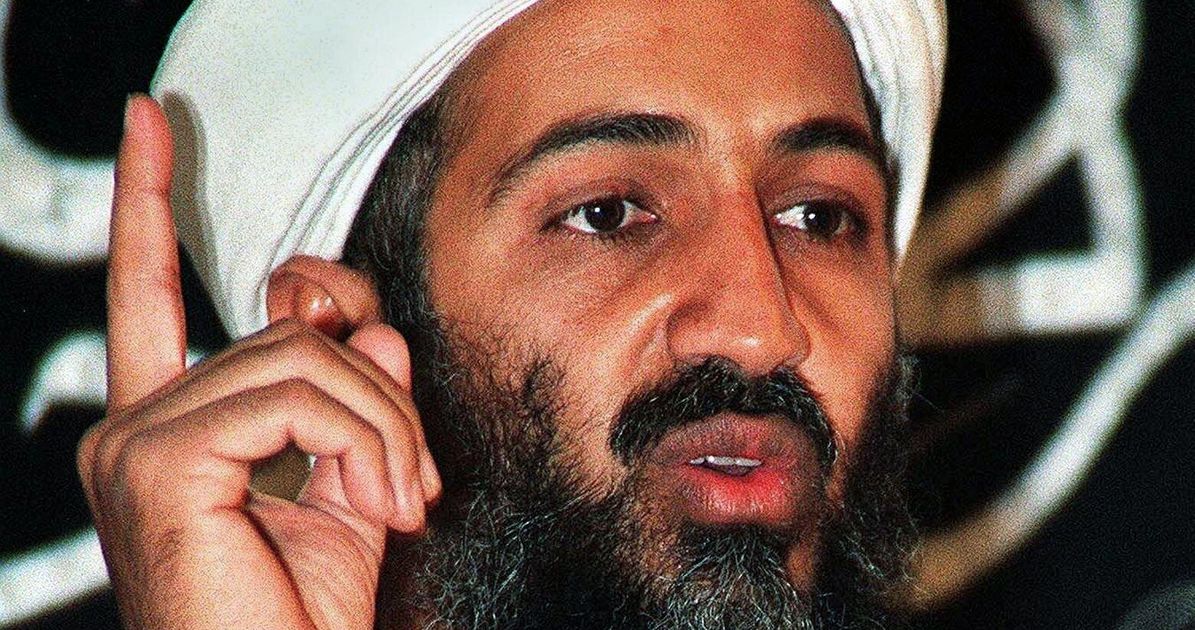Key takeaways:
- The Guardian removed a document containing the full text of Osama bin Laden’s 2002 “letter to the American people” due to a surge of related TikToks.
- The letter attempted to justify the terror attacks against the U.S. that killed nearly 3,000 people.
- The reappearance of the letter on social media has sparked a debate about the implications of sharing bin Laden’s words and The Guardian’s decision to remove the document.
The Guardian has removed a document containing the full text of Osama bin Laden’s 2002 “letter to the American people” from its website after it became the second-most-viewed page on the site due to a surge of related TikToks.
The letter, which was reported in the Observer on Sunday 24 November 2002, was written by bin Laden in an attempt to justify the terror attacks against the U.S. that killed nearly 3,000 people. In it, bin Laden claimed that the Quran gives permission to take revenge, and “whoever has killed our civilians, then we have the right to kill theirs.” He also criticized U.S. exploitation of the region’s “treasures” — presumably a reference to natural resources.
In response to the letter’s resurgence on TikTok, the platform cracked down on posts about it on Thursday. The Guardian has replaced the document with a context note.
The letter’s reappearance on social media has sparked a debate about the implications of sharing bin Laden’s words. While some argue that it is important to understand the motivations of terrorists, others believe that it is inappropriate to give a platform to a man who was responsible for the deaths of thousands of people.
The Guardian’s decision to remove the document has been met with both criticism and praise. While some have argued that it is censorship, others have praised the outlet for taking a stand against hate speech. Regardless of one’s opinion, it is clear that the letter has sparked a conversation about the power of social media and the responsibility of media outlets to monitor the content they share.



Be First to Comment